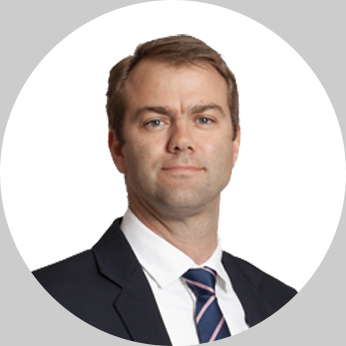Table Talk: The cost of de-risking at retirement
Question
I’m about to retire and my adviser suggested that I invest in growth assets to lower my chances of running out of money. However, a friend told me I need to invest conservatively to avoid losing money. Which approach should I follow?
Answer
The sad truth in South Africa is that many people face a high risk of running out of money in retirement. However, what most people don’t realise is that, ironically, what is increasing their risk of running out of money in retirement is their fear of losing money, which is driving them to invest more conservatively when they reach retirement.
The premise of your friend’s strategy (and it’s a popular one) is to de-risk your portfolio at (or even before) retirement, in order to avoid any big losses. Investors choose less volatile fixed-income assets (such as cash and bonds) as they move into retirement in order to minimise volatility or their risk of capital loss over the short term.
One of the major drawbacks of this approach is that it limits your investment’s growth potential exactly at the time when your retirement capital is typically at its highest-ever value. By design, at retirement clients are choosing what they believe are low-risk assets (cash and bonds); but these assets will not provide them with sufficient inflation-beating returns throughout their retirement.
Over the past 40 years, bonds and cash have historically delivered real returns of 2.9% and 2.0% respectively per year. Meanwhile, equities have outperformed inflation by 7.2% per year over the same period. Combining these assets in a typical “balanced” portfolio of around 25% in fixed income and 75% in equities and property have generally produced a real return of around 5% per year.
For investors who haven’t saved enough for retirement, the potentially higher returns from equity and property, plus the extra years spent in these growth assets, can play a crucial role in extending the longevity of their retirement income. This is particularly important these days given people’s longer life spans, where you can easily spend 30-plus years in retirement.

To illustrate this point, Graph 1 shows the length of time your money would last if you de-risked your investment from a typical balanced portfolio earning a real 5% p.a. to a cash portfolio earning a real 2% p.a. when you retire at age 60, compared to remaining invested in a balanced fund throughout your life. We can see that your investment value of around R10 million at age 60 lasts to age 79 as you withdraw an income while earning only a real 2% return (shown by the light grey area). However, by continuing to earn a 5% real return (depicted by the darker grey-green area), you build up much more value in your retirement pot over the years, and it lasts to age 90, or 11 years longer, while still drawing the same income.
Put differently, staying exposed to equity and listed property can dramatically reduce the probability of outliving your money. In conclusion, if you’ve saved enough to retire comfortably and you’re more concerned about reducing volatility, then a conservative approach might be a viable option for you. However, if you haven’t saved enough and are concerned about outliving your retirement savings, you should seriously consider holding more growth assets to help build that retirement pot further into your retired years.
Of course you will experience more ups and downs in your investment value, and your reaction to this needs to be managed carefully, hopefully with the help of a financial adviser. However, if you save some of the higher returns from good months to make up for the lower returns from bad months, this could go a long way towards overcoming the fear of volatility.
If you aren't already investing with us, contact your financial adviser or our Client Services Team on 0860 105 775 or at query@prudential.co.za.
Share
Did you enjoy this article?
 South Africa
South Africa Namibia
Namibia




 Get the Newsletter
Get the Newsletter